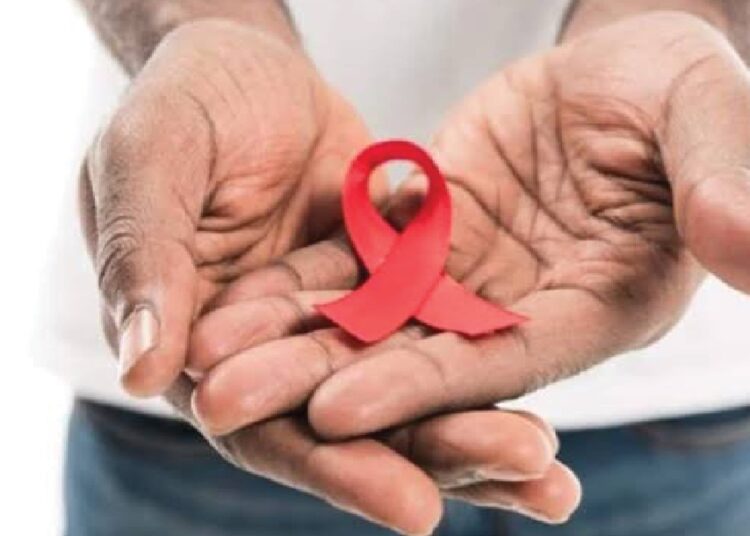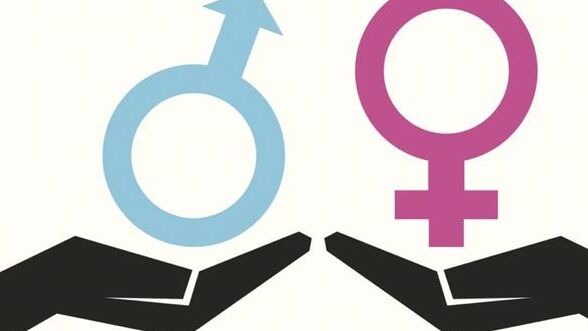Nigeria Revolutionizes Emergency Healthcare with Free 48-Hour Treatment

The Nigerian federal government has unequivocally reaffirmed its commitment to providing free emergency medical treatment to all Nigerians for the first 48 hours of any emergency. This crucial initiative is available irrespective of the individual's location or socioeconomic status, demonstrating a profound dedication to establishing a robust, structured, and sustainable emergency response system across the country.
Prof. Saleh Yuguda, Director-General of the National Blood Service Commission (NBSC) and a member of the National Emergency Technical Committee, conveyed this significant pledge during a high-level meeting of the National Emergency Medical Services and Ambulance System (NEMSAS) in Abuja. Representing the committee chairman, Dr. Ismail Jibril, Prof. Yuguda highlighted that NEMSAS was specifically created to address emergencies nationwide, ensuring that the federal government covers the treatment costs for the initial 48 hours. He urged Nigerians to become aware of and utilize this program, emphasizing its availability in both public and private hospitals throughout the nation.
The NEMSAS Media Cell was officially inaugurated during the event, signaling a concerted effort to boost public awareness and communication regarding emergency health services. Prof. Yuguda underscored the vital role of the media as a foundational pillar for educating citizens about these life-saving interventions.
Dr. Emuren Doubra, the National Programme Manager of NEMSAS, further elaborated on the program's operational framework. He explained that NEMSAS effectively operationalizes the Emergency Medical Treatment (EMT) Gateway, which functions under the broader Basic Healthcare Provision Fund (BHCPF). The system was designed to unify and standardize emergency services that were previously fragmented among various private operators, non-governmental organizations, and community groups. Dr. Doubra stated that without such a structured system, emergency medical care becomes inefficient and non-standard, whereas NEMSAS now provides a coordinated framework guaranteeing vulnerable Nigerians access to essential care without any upfront payment.
Despite the program's ambitious goals, Dr. Doubra identified several significant challenges hindering effective emergency response. These include communication gaps, the poor functionality of the 112 emergency number, and persistent shortages of health workers. To overcome these obstacles, he advocated for strengthened collaboration with the Nigerian Communications Commission (NCC) and private sector partners to enhance communication, improve access, and reduce response times nationwide.
Reinforcing the importance of financial sustainability, Dr. Francis Nwachukwu, Technical Officer for Health Financing and Strategic Partnerships at the World Health Organisation (WHO), stressed that no health service can function effectively without adequate funding. He praised NEMSAS for filling a critical void in Nigeria’s healthcare system and reiterated WHO's unwavering commitment to supporting government efforts to ensure its full functionality across all states. Dr. Nwachukwu also commended the Coordinating Minister of Health and Social Welfare, Prof. Muhammad Ali Pate, for his leadership in prioritizing emergency care as a key component of the National Health Sector Renewal Investment Programme.
Adding to the call for public engagement, Chief Moji Makanjuola, Executive Director of the International Society of Media in Public Health (ISMPH), appealed to journalists to actively raise awareness about this life-saving emergency care initiative. She emphasized that the full potential of the service can only be realized when Nigerians are fully informed of its existence, urging the media to see themselves as crucial partners in saving lives.
Recommended Articles
Urgent Health Alert: Fatal Nipah Virus Case Confirmed Outside India's Borders

A woman in Bangladesh has died from the Nipah virus, a rare bat-borne disease with a high fatality rate, following outbr...
Diet Danger: Artificial Sweeteners Linked to Heart and Brain Damage in Shocking New Study!

New research suggests that regular consumption of aspartame, a common artificial sweetener, may increase the risk of hea...
Nestlé Under Fire: 'Double Standards' Claimed in African Baby Food Sugar Scandal

Nestlé Nigeria has responded to allegations of adding sugar to its baby food products in Africa while offering sugar-fre...
You may also like...
If Gender Is a Social Construct, Who Built It And Why Are We Still Living Inside It?

If gender is a social construct, who built it—and why does it still shape our lives? This deep dive explores power, colo...
Be Honest: Are You Actually Funny or Just Loud? Find Your Humour Type

Are you actually funny or just loud? Discover your humour type—from sarcastic to accidental comedian—and learn how your ...
Ndidi's Besiktas Revelation: Why He Chose Turkey Over Man Utd Dreams

Super Eagles midfielder Wilfred Ndidi explained his decision to join Besiktas, citing the club's appealing project, stro...
Tom Hardy Returns! Venom Roars Back to the Big Screen in New Movie!

Two years after its last cinematic outing, Venom is set to return in an animated feature film from Sony Pictures Animati...
Marvel Shakes Up Spider-Verse with Nicolas Cage's Groundbreaking New Series!

Nicolas Cage is set to star as Ben Reilly in the upcoming live-action 'Spider-Noir' series on Prime Video, moving beyond...
Bad Bunny's 'DtMF' Dominates Hot 100 with Chart-Topping Power!

A recent 'Ask Billboard' mailbag delves into Hot 100 chart specifics, featuring Bad Bunny's "DtMF" and Ella Langley's "C...
Shakira Stuns Mexico City with Massive Free Concert Announcement!

Shakira is set to conclude her historic Mexican tour trek with a free concert at Mexico City's iconic Zócalo on March 1,...
Glen Powell Reveals His Unexpected Favorite Christopher Nolan Film

A24's dark comedy "How to Make a Killing" is hitting theaters, starring Glen Powell, Topher Grace, and Jessica Henwick. ...